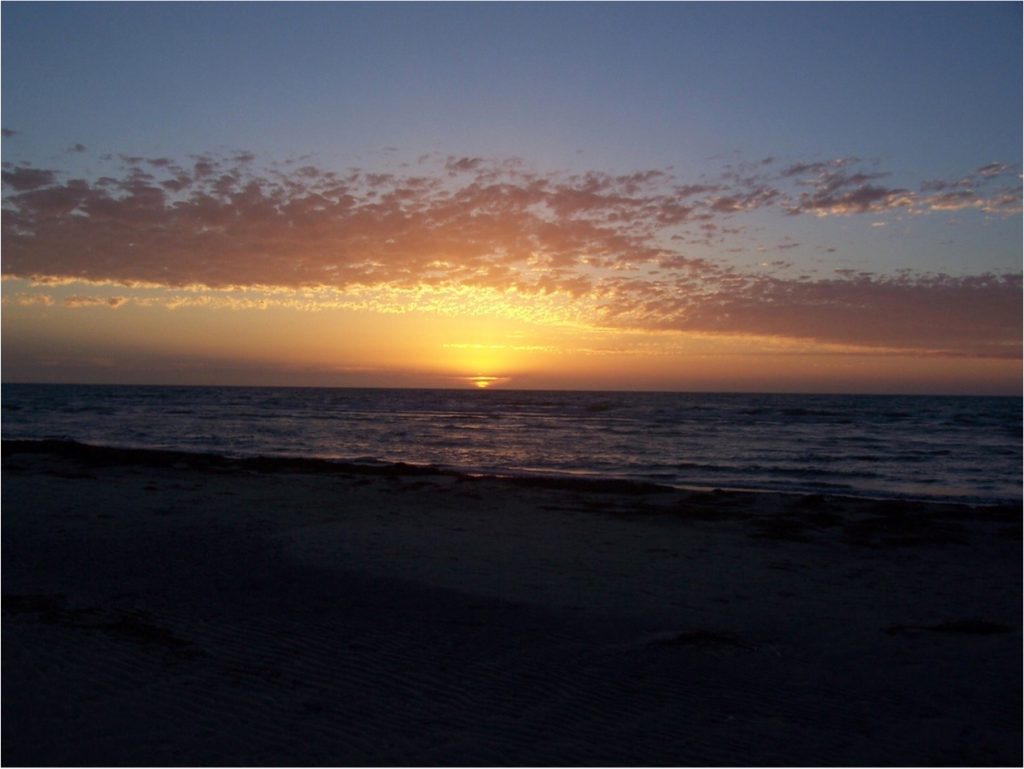In James 3;16 He states, “For where you have envy and selfish ambition, there you find disorder and every sinful practice.” I thought deeply about this quote and reflected on how I would interpret it in my own context. The best way I could rationalise this scripture verse is comparing the situation of James’s community to world sports and Jesus.
James was one of the chief leaders of a Christian Community in Jerusalem. He believed that people of authentic faith are visible through their good deeds. From what I have read about the early Christian Church., “They devoted themselves to the apostles’ teaching and to fellowship, to the breaking of bread and to prayer. They sold property and possessions to give to anyone courts. They broke bread in their homes and ate together with glad and sincere hearts, praising God and enjoying the favour of all the people.”2:42-43, 45-47. Thus, the epitome of dedicating their lives to worshipping God and serving others.
In comparison, all sports seem to try to fit in players who at times play as individuals rather than be team oriented. Is it because they are driven by the money they can earn, the celebrity adulation or the desire to seek the own personal goals? I would argue that you can have all these attributes as long as put above those aspirations an unquenchable thirst for team success. Surely, reaching the pinnacle with your team members and creating a personal and club legacy is long term and assures the player of the individual accolades they crave.
Consequently, I believe Jesus is the perfect example generating a legacy through his ministry. His teachings, miracles and healing of the sick were all about proclaiming the Kingdom of God. It was by building relationships with the apostles, his followers and the people in the areas he travelled that inspired them with his personal character strengths, words and actions. His legacy became greater through his death and resurrection which offered us the hope of eternal life. No-one earthly person alive or dead can ever give us that.

